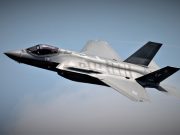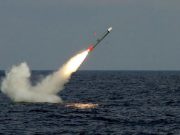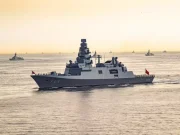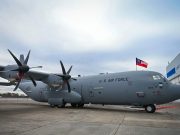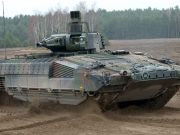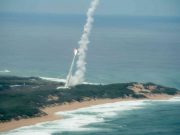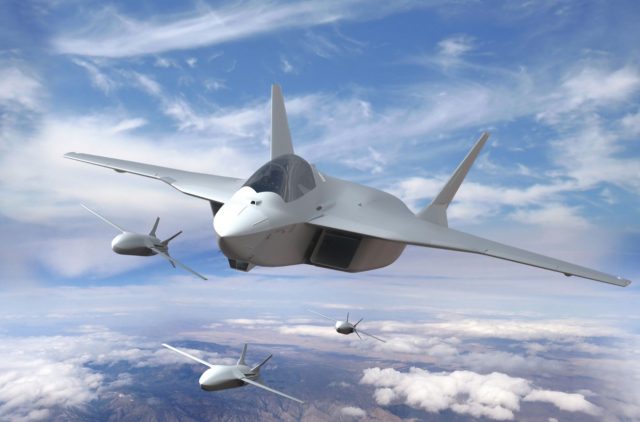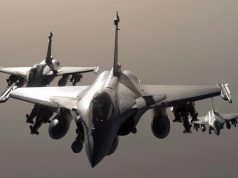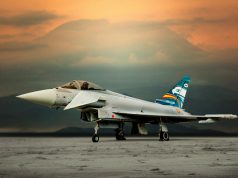Germany, France and Spain have reached a political agreement that will allow the trinational Future Combat Air System (FCAS) program to move to the next phase of development.
No official joint announcement on the decision was made on Friday, but German defense minister Christine Lambrecht said the agreement “was a tremendous achievement and, especially in these times, an important sign of the trilateral cooperation.”
With the agreement, the three countries appear to have managed to find a compromise on workshare allowances that previously presented a significant obstacle to the FCAS program entering the research and development phase.
Airbus also confirmed that discussions among industry and governments on the next phase of FCAS have concluded which represents a big step forward for this European flagship defense program.
Now, a number of formal steps in the respective countries have to be taken in order to allow a speedy contract signature.
Once the contracts are signed, FCAS would enter Phase 1B, under which the program had been expected to deliver a prototype fighter jet by 2027. It is unclear whether the delays in contract signing would affect this schedule.
As previously reported, one of the roadblocks on the path to advance to the next stage of program funding was France’s reported reluctance to share information on sensitive technologies with partners. Germany was also said to have wanted an equal industrial share, and the inclusion of Spain into the project in 2020 only complicated the process of dividing the share of work.
FCAS is expected to develop both a sixth-generation fighter jet and remote carrier UAS that would have the capability to operate as swarm drones. The Next Generation Fighter (NGF) is expected to replace France’s Rafales, Germany’s Eurofighters and Spanish F-18 Hornets from the 2040s.




